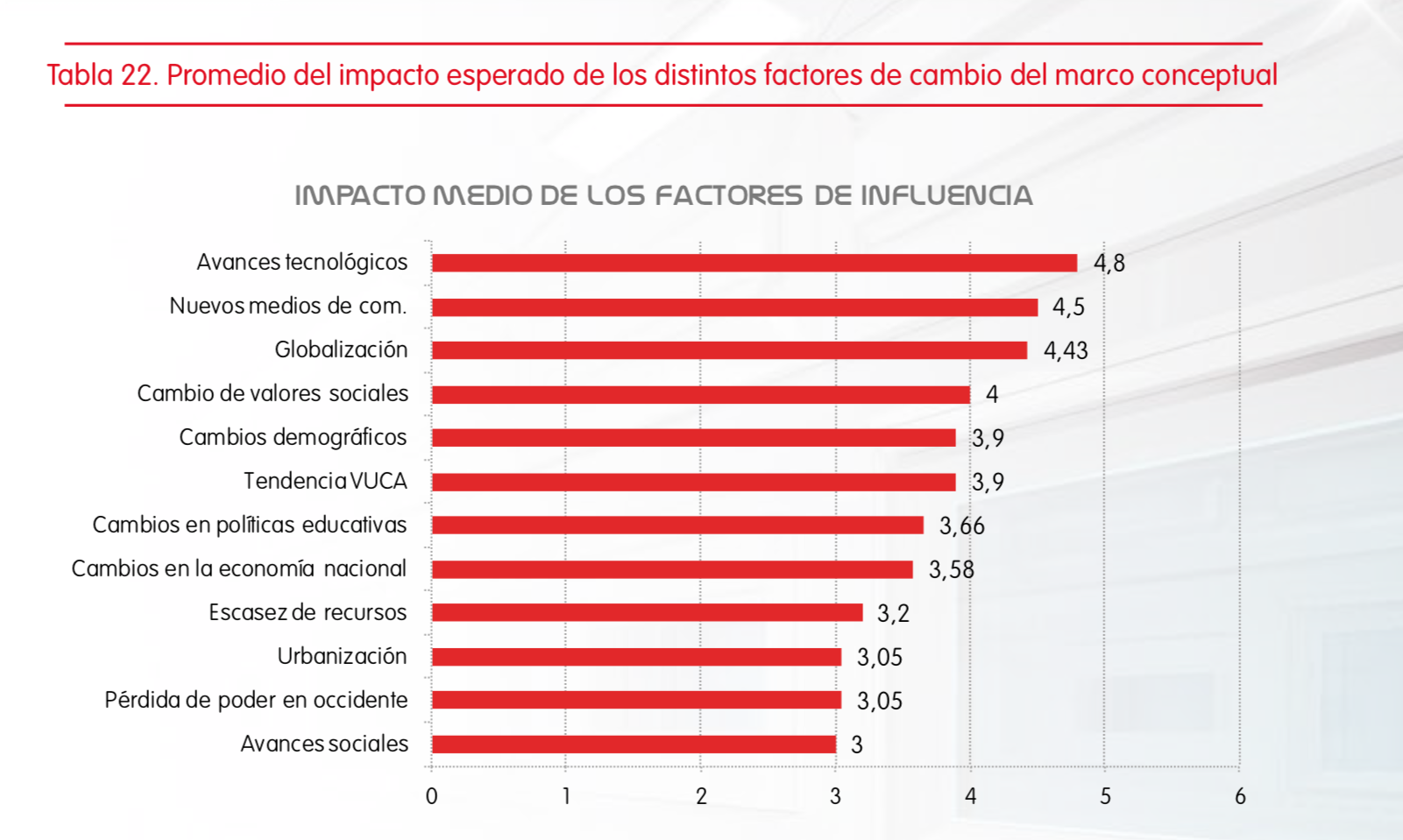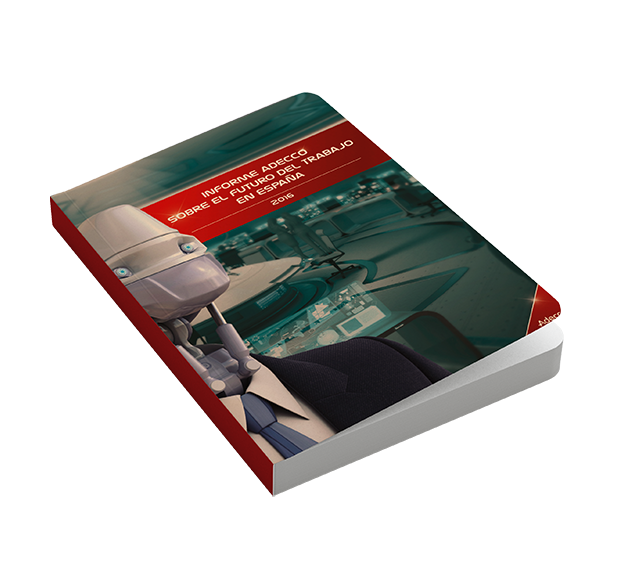Context
The world is changing constantly, and today's organisations must adapt to a text that has nothing to do with that of just 10 years ago. The emergence of new technologies under ever shorter life cycles, globalisation and demographic changes are some of the trends that affect all political, economic and social spheres but also influence work. Technology has brought great advances and benefits to human beings from a social and economic point of view. These great advances have been the protagonists of epochal changes in world history.
The Internet, telecommunications and the automation of work have had an impact comparable to that of the telegraph, steam engine or chain production.
All these changes have directly influenced organizations and the way they work. The industrial age has given way to the knowledge and information society, where interrelationships and commonalities have changed. The use of information makes it possible to improve decision-making, save time, deepen and systematize control.

What will you learn
"We are facing a new stage comparable to the post-industrial revolution in terms of new activity-
of business is concerned. Now we are designing the technology that we will use in 10 years and we do not know its scope right now," says Seur's Director of People Management, Antonio Martinez.
In addition, in the future it is expected that technology will continue to have an impact on the world of work. "Technology will continue to have an impact.
We all work anywhere, at any time, from any device. In fact, we now meet from five or six different locations. Not because they're in Houston, but because they're at home," explains Repsol's Director of Selection, Performance and Development, Ana Jimeno. The companies believe that new technologies win them over to reinvent themselves and therefore reinvent their ways of working. For this, they need a permanent adaptation capacity.
Who made it possible
- Laura García
- Valentin García
Download the report

